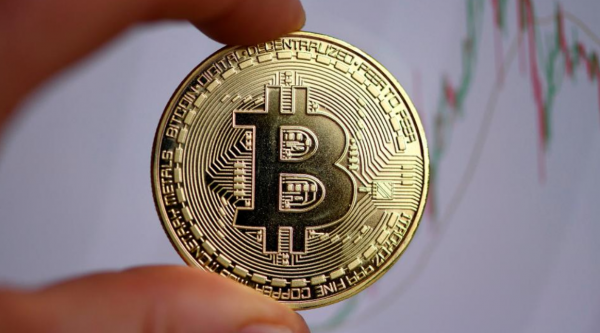Argentina Cryptocurrency Trading Crackdown
If you have ever met anyone from Argentina, you probably have heard how difficult it is to get money in and out of that country. Bitcoin and other cryptocurrencies have helped in recent years, but now Argentina is beginning to crack down on local Bitcoin trading.
Argentina’s Financial Information Unit has ordered stricter controls and monitoring on Bitcoin trading as the government battles "parallel exchange markets" that threaten the peso.
Banks, credit card companies, exchanges, and other institutions have been asked to be on high alert and report "suspicious" activity.
"Recently, we have seen an increase in operations carried out through virtual assets," FIU President Carlos Alberto Cruz said in a statement last week. These transactions “could be carried out by people who intend to circumvent international standards and avoid the [anti-money laundering] framework,” he said.
- Argentina is Cracking Down on local Bitcoin Trading
-
Is Bitcoin Likely to Lose Out as the Libra 2.0 Versus China’s DCEP Race Unfolds?
-
Goldman Sachs Will Talk Bitcoin and Inflation as FED Prints $3 Trillion
As world governments push through legislation to levy taxes on capital gains from bitcoin (BTC) transactions, seeking to earn more from an asset class that frowns on regulatory oversight, there are still a few countries that remain pro-crypto, allowing investors to buy, sell or hold digital assets at zero taxes.
Circumstances vary, but the real motivation leans more toward facilitating increased investment within the respective jurisdiction’s cryptocurrency industries, perhaps as a base for future taxation. For now, that has not happened yet. Here’s a list of eight countries – in no order of importance – which may be considered as bitcoin tax havens, states that don’t want your BTC investment gains.
- Aaron Goldstein, Gambling911.com















